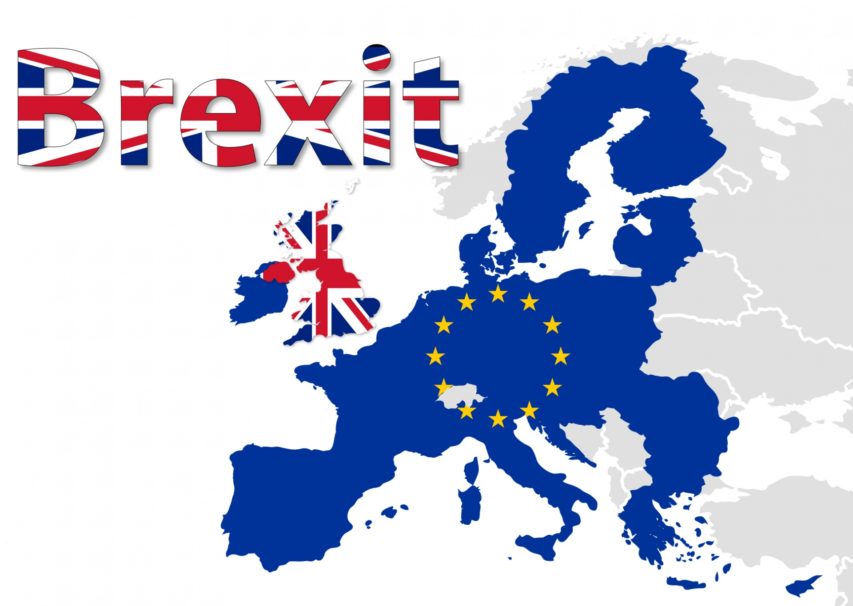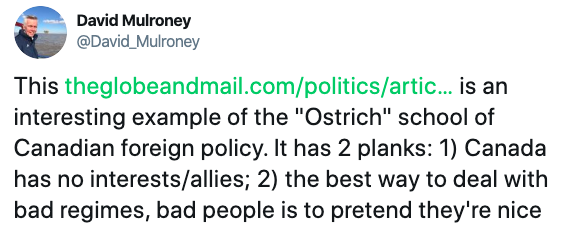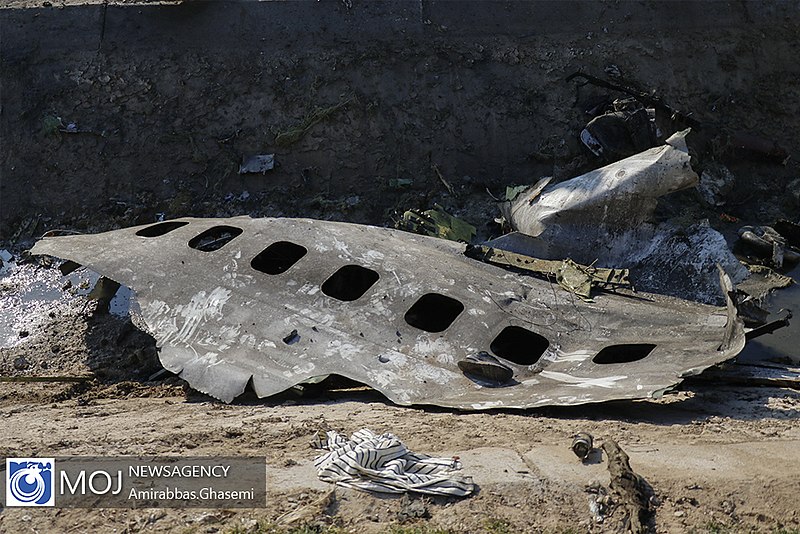TIK
Published 21 Dec 2015The most in-depth look at Operation Compass out there! Using animations and detailed maps, let’s find out what happened in one of the greatest British (and Commonwealth) victories of the war and who was responsible for the destruction of the Italian 10th Army. This video covers the start of the North African Campaign up to the Battle of Beda Fomm.
Sources:
Barnett, C. The Desert Generals. Weidenfeld & Nicolson, 2011.
Bierwirth, J. Beda Fomm: An Operational Analysis. Pickle Partners, 1994.
Christie H. Fallen Eagles: The Italian 10th Army in the Opening Campaign in the Western Desert, June 1940. Pickle Partners 1999.
Dimbleby, J. Destiny in the Desert. Britain 2013.
Moorehead, A. The Desert War: The Classic Trilogy on the North Africa Campaign 1940-43. Aurum Press, 2014.
Playfair, I.S.O. The Mediterranean and Middle East Volume 1: Early Successes against Italy [to May 1941]. 1954.
Wahlert, G. The Western Desert Campaign. Australia, 2011.Music is my own!
January 9, 2020
Operation Compass 1940-41 | BATTLESTORM North African Campaign Documentary
Addressing overblown fears of “regulatory divergence” after Brexit
Tim Worstall explains why worries about “regulatory divergence” are not very sensible:
So now we get to – having agreed that Brexit is going to happen – having to decide what the new trade deal is going to be. At which point there are all sorts of people insisting that we shouldn’t have regulatory divergence. Yet gaining that regulatory divergence is the very point of our having Brexit. We want to be able to do things differently than the European Union.
Thus this sort of worry is thinking about it the wrong way around:
Brexit is nearly done, but don’t expect an easy ride on trade. The EU is terrified of regulatory divergence
We are still very much in the early honeymoon period of the new Government, when flush with a stunning election victory all things seem possible. Even the traditionally hostile Financial Times seems to have been partially won over by the infectious optimism that for now flows through the nation’s veins, warming to some of the opportunities for positive change that Brexit may allow.
Yet at some stage, with the feelgood mood colliding with harsh realities, there is going to be a comedown. The first of these awakenings is likely to centre on trade.
In reaching a trade deal with the EU by the end of the year as promised, the Government will either have to compromise on scope for regulatory divergence, …
The point being that since the divergence is the very thing we want it’s not the thing to compromise upon.
Start from the very basics. There is no version of voluntary trade that is worse than autarky. There are versions of trade that are better than simple unilateral free trade. Like, for example, the other people adopting unilateral free trade too.
So, our baseline starting point for any negotiation on trade is that any trade is better than none, but we must measure any specific proposal against the effects of unilateral free trade. If it would be better to have this extra thing then all well and good, let’s have it. But if the conditions attached to that make the overall deal worse than the unilateral position then we should not have it.
For example, UK farm goods gaining tariff and quota free access to the EU would be a nice thing to have. But a likely cost of that is that British consumers would not be allowed tariff and quota free access to the farm goods of the rest of the world. The cost of that second is greater than the benefits of the first – we don’t do it therefore.
On regulation much the same becomes true. The negotiating stance at least. What would be the paradisical effect of a system of perfect regulation? Not that one exists nor ever will but that’s what we need to imagine. Then, anything we’re asked to accept which is worse than this has to be tested for whether what we lose from the restriction is worth what we then gain elsewhere.
Given EU regulation this is always going to lead to the answer “No”.
Find the best deals at the antique store
Rex Krueger
Published 8 Jan 2020Tool hunting at antique stores is hard, but sometimes it’s the only option. Use these tips to find the best deals on solid woodworking tools.
More video and exclusive content: http://www.patreon.com/rexkrueger
Make your own tools!!!
Rabbet Plane:
Plans: https://www.rexkrueger.com/store/plan…
Video: https://www.youtube.com/watch?v=IPYvw…Spokeshave:
Plans: https://www.rexkrueger.com/store/make…
Video: https://www.youtube.com/watch?v=IPYvw…Advanced Joiner’s Mallet:
Plans: https://www.rexkrueger.com/store/plan…
Video: https://www.youtube.com/watch?v=sq3K6…Plans, t-shirts, and hoodies: http://www.rexkrueger.com/store
Get my woodturning book: http://www.rexkrueger.com/book
Follow me on Instagram: @rexkrueger
Martini-Henry I.C.1 Carbine
Forgotten Weapons
Published 28 Dec 2014http://www.forgottenweapons.com
Formally adopted in 1877, the I.C.1 Martini-Henry was formally designated the “Arms Interchangeable, Carbine Breech loading Rifled, with clearing rod Martini-Henry Mk1”. The word “interchangeable” refers to its use for both the artillery and cavalry services, instead of needing a separate design for each, as was typical of military forces at the time. It was chambered for the massive .577/450 cartridge, with a 21.3 inch barrel and an overall weight of 7.5 pounds.
I am shooting it today with 1950s Kynoch ammunition, a batch of which came into the US several years ago and can still be found without much trouble. However, it gave me significant hangfires and split cases, and I would not recommend it.
Theme music by Dylan Benson – http://dbproductioncompany.webs.com
QotD: National music
What does the soul of a people sound like? With the Germans, you have adequate proof; Wagner spoke for them, for better or worse — grandeur and myth that elevated the soul as easily as it rotted to the soundtrack for a meglomaniacal death cult. Italian music — well, no one ever marched off to war to Respighi’s ode to a peacock. Music for life, lived without lasting consequence. (They did their part in the Roman times; they’ve earned a nap.) French music is best expressed by the gauzy wash of Debussy and his comrades, music that doesn’t confront the ear but gently appeases it. America: cheerful tootling Souza marches or great broad optimistic Copeland yawps. Or jazz. Or rock and roll. Or country twangs. (It’s not that we have no sound — we have many, and each is as much a part of us as the other. Few cultures can pull that off.) Russian music has that delicious third-drink moodiness. Canadian music — no such thing, really, which is telling. Unless you define it as American style music recorded in a Canadian studio to satisfy a government requirement.
James Lileks, Screedblog, 2005-07-08.









